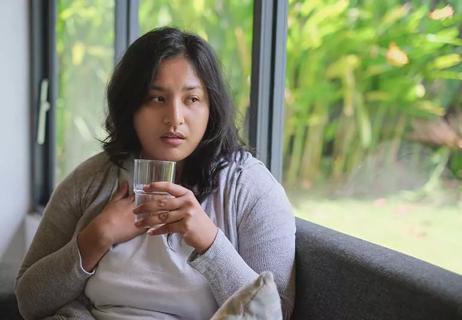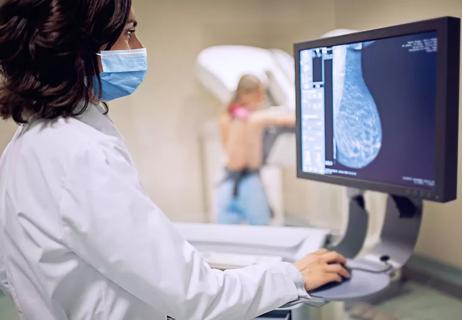
… shouldn’t be viewed as a substitute for a COVID-19 vaccination.Could melatonin have value in COVID-19 treatments? It seems possible. In fact, a trial in the National Health Institute’s Researching COVID …

… COVID-19 to others outside of your home. Watch for fever, cough, shortness of breath or other COVID-19 symptoms.Caring for someone with COVID-19Often, people who get sick with COVID-19 can recover …

… you can stay safe.Q: Why are people with a cancer diagnosis at a higher risk for COVID-19?A: There are three reasons cancer may raise your risk of severe COVID-19 illness:Treatment …

… year-round.So, what are the current guidelines?Infectious disease physician Steven Gordon, MD, shares the latest COVID-19 protocols and what you can do to avoid getting sick.COVID-19 protocols: Everyday preventionCOVID-19 …
Advertisement
Cleveland Clinic is a non-profit academic medical center. Advertising on our site helps support our mission. We do not endorse non-Cleveland Clinic products or services. Policy

… COVID-19 peak season, pathologist Hannah Wang, MD, explains what we know so far about the FLiRT COVID variants and why they’re taking off.What is the FLiRT variant?All of the FLiRT COVID …

… to get back to exercise if COVID-19 gets to you.Can you exercise if you have COVID-19?You can try lighter exercise during an active COVID-19 infection if you have mild or …

… aren’t yet sick enough to come into the hospital.Dr. Bravo shares the latest updates on COVID-19 treatments. But she emphasizes that even with these additional medications for COVID-19, prevention (looking at …

Q: You missed your regular mammogram in 2020 while quarantining due to COVID-19. How important is it to get a breast screening scheduled this year?A: It is extremely important, and here’s why …

Q: Will working out before or after we get vaccinated for COVID-19 make the vaccine less effective?A: The level of concern is low. People who are experiencing more side effects from the vaccines …

Like many vaccines, the COVID-19 shot can sometimes cause side effects, like mild, flu-like symptoms. But what if shortly after your vaccine, you’re still feeling pain in your arm and notice a …
Advertisement
Advertisement